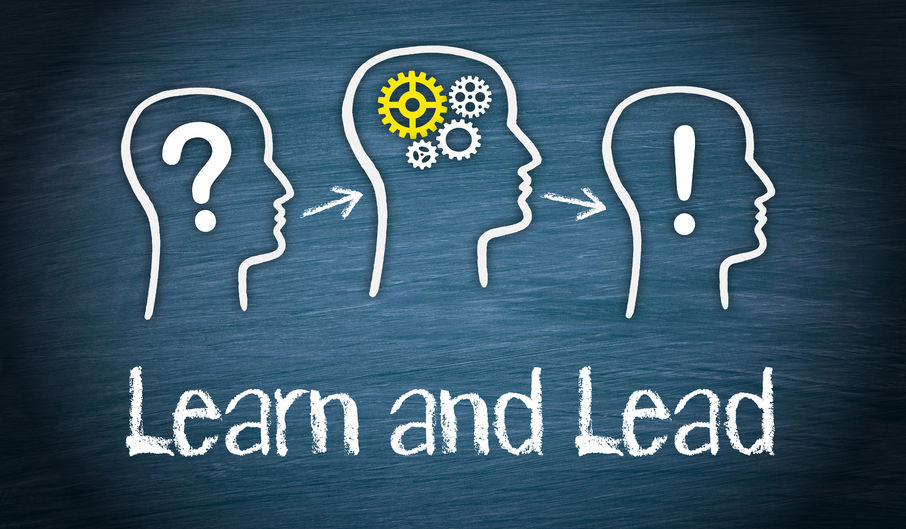Summer vacation 2016: Road Trip. From Jersey to Pennsylvania, slow crawl to Indianapolis and back to New Jersey.
Why? We were catching up with my oldest son who was playing on the Drum Corps International circuit.
Road Trip 2016 was a first for us that included many planned stops and some happy accidental discoveries along the way. Discoveries that touched me deeply.
Gettysburg was a planned stop. The Underground Railroad museum in Cincinnati was unplanned. This vacation became the summer of education about the Civil War and Slavery in the United States. I’m still processing.

We all know the gist of it. We studied the Civil War in school and we learned about Harriet Tubman, the famous name associated with the Underground Railroad. It’s a pinky nail’s full of the documented truth.
I sat on a rock that overlooked the battlefield where roughly 50,000 men died and some are likely still buried. I held the weapons that produced the carnage. In Cincinnati, I stood in a barn that provided safety to people trying to get North to freedom.
In both places, I felt a combination of awe for the cause at stake and a deep horror and sorrow about the human travesty that created it. People- human beings, were taken from their home countries, sold, resold, raped, killed, tortured and treated worse than people would treat their animals.
I was sickened by the lives lost fighting over whether one had the right to treat humans this way.
As I took in new learning, I became sadly reminded of the hate that has seeped up from hidden reserves to the surface now served daily to us through our media and news.
At Gettysburg, a fellow tourist cemented my realization that we haven’t come far enough since 1863. The man spoke with an accent from the Deep South.
He had a question for the guide. He lost his gentleman’s composure with each word he uttered as the anger rose in his voice.
“Is it true,” he asked, “that the Confederate soldiers were buried like pigs with no dignity and respect?” He stopped himself at the crest of his anger. “That’s all I can say in this crowd.”
He scared me a bit. I wondered if he’d draw a gun (a little sensitive am I?). In my head I just kept thinking: “Sir, that’s a lot of anger about something that happened around 150 years ago.” Furthermore, he was more concerned about whether the Confederate soldiers were given a proper burial over all else that could have been disturbing about this visit.
That anger is still very present in America, and it seeps out in subtle and overt ways. In the current climate that has necessitated the “Black Lives Matter” campaign, Islamophobia, and the decimation of decency in our political arena, the visit to the Civil War on multiple days hit my body like a cloak weighing half my body weight.
I felt off balance and this cloak made me painfully aware of itself. That “self” being how the atrocities of slavery are deeply embedded in our culture. Right under the surface of positive change there is still the double standard for or suspicion of people of color.
We have come so far and yet in some ways, not far at all. I was saddened. I was disturbed and I was in awe – in awe of the human will to live and love and improve and grow.
The world is not a fair place. And yet I haven’t given up hope.
As I sat in contemplation at these powerful reserves of history, the question came to me, repeating like a mantra: “How can I do better?”
How could we all do better? As Maya Angelou often said: “When you know better, you do better.”
What I learned on my Civil War vacation was that I’m complicit. Open, accepting, curious and willing but still complicit deep down.
I wondered how I can develop the kind of courage that the Underground Railroad conductors had. So many people risked their lives for what they knew was right for all humanity.
How can I do better? How can we do better?
In your workplace, in your community, in your home and really anywhere, could you reach out and learn about people who are different than you? Could you, if you see something unfair, speak up? We can all do something to change something.
I want that courage so I commit to growing it.

Wonderful article and sounds like a fun vacation. I hope the kids got a similar experience and find a way to facilitate change in their lives. Education is the key which is why I think it should not be left to the state. Texas has rewritten history and teaching children that the civil war was not about slavery.
Five million public school students in Texas will begin using new social studies textbooks this fall based on state academic standards that barely address racial segregation. The state’s guidelines for teaching American history also do not mention the Ku Klux Klan or Jim Crow laws.
And when it comes to the Civil War, children are supposed to learn that the conflict was caused by “sectionalism, states’ rights and slavery” — written deliberately in that order to telegraph slavery’s secondary role in driving the conflict, according to some members of the state board of education.
Slavery was a “side issue to the Civil War,” said Pat Hardy, a Republican board member, when the board adopted the standards in 2010. “There would be those who would say the reason for the Civil War was over slavery. No. It was over states’ rights.”
And the biggest state’s right that was in question was to continue the use of slaves for free labor. It is interesting how words can be used to feed whichever side of the story we choose. History is always a story with a slant. Depends who tells it.